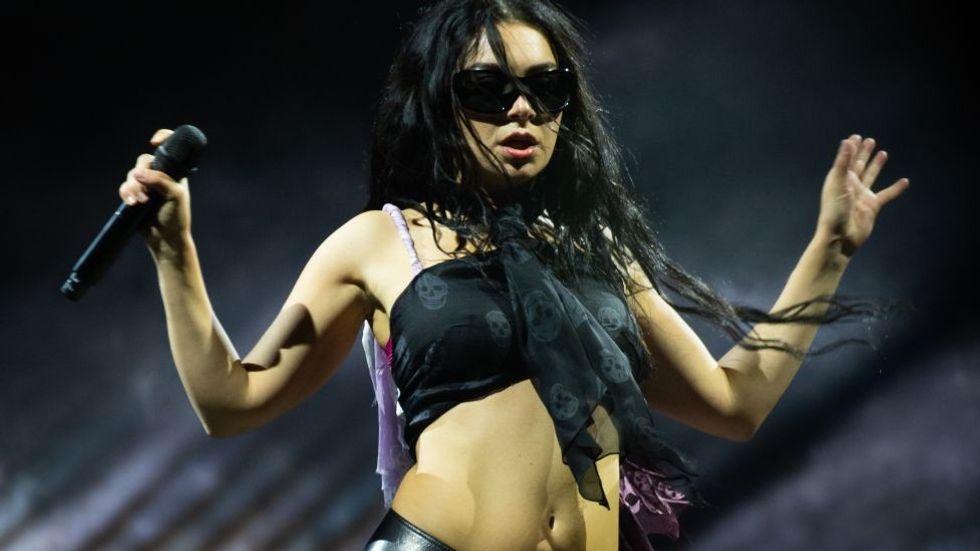Russian tennis player and five-time Grand Slam winner Maria Sharapova has announced her retirement on Wednesday at the age of 32.
“In giving my life to tennis, tennis gave me a life. I’ll miss it everyday,” she wrote in Vanity Fair.
Maria Sharapova won Wimbledon in 2004 at the age of 17, beating then world No1 and defending champion Serena Williams.
She won her last Grand Slam at the 2014 French Open.
Though played for Russia, she has lived in and been a permanent resident in US since 1994.
Sharapova competed on the Women's Tennis Association tour since 2001 and had been ranked world No. 1 in singles by the WTA on five separate occasions, for a total of 21 weeks.
At the 2016 Australian Open she tested positive for banned drug Meldonium and served a 15-month ban.
Sharapova didn’t explain any future plans. She only said: “I’m new to this, so please forgive me. Tennis — I’m saying goodbye.”
Sharapova has been featured in a number of modeling assignments, including a feature in the Sports Illustrated Swimsuit Issue.
She has appeared in many advertisements, including those for Nike, Prince, and Canon, and has been the face of several fashion houses, most notably Cole Haan.
In 2011, Sharapova was engaged to Slovenian professional basketball player Sasha Vujačić, with whom she had been in a relationship since 2009.
However, in 2012, Sharapova confirmed that the pair had ended the engagement and separated earlier that year.

















 Charli XCX defends her Glastonbury set, calling autotune criticism outdated and dull BBC
Charli XCX defends her Glastonbury set, calling autotune criticism outdated and dull BBC 
 Kareena Kapoor says the incident left their children Taimur and Jeh shakenGetty Images
Kareena Kapoor says the incident left their children Taimur and Jeh shakenGetty Images  Kareena and Saif are now focusing on healing as a family after the traumatic episodeGetty Images
Kareena and Saif are now focusing on healing as a family after the traumatic episodeGetty Images